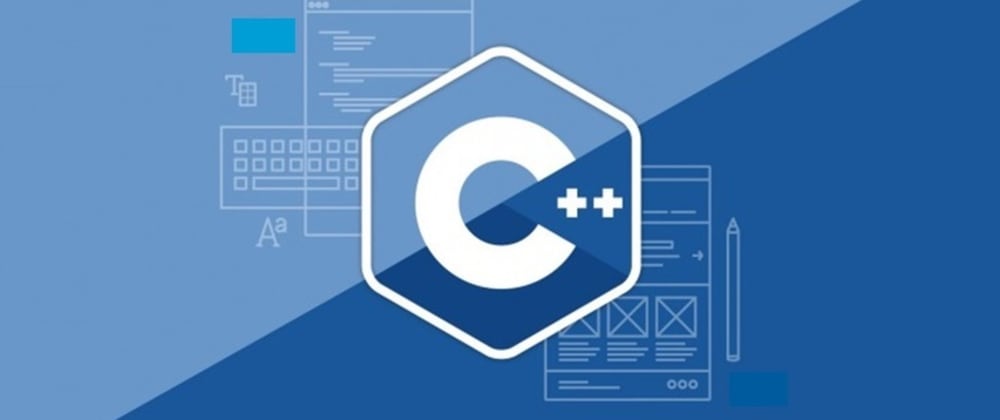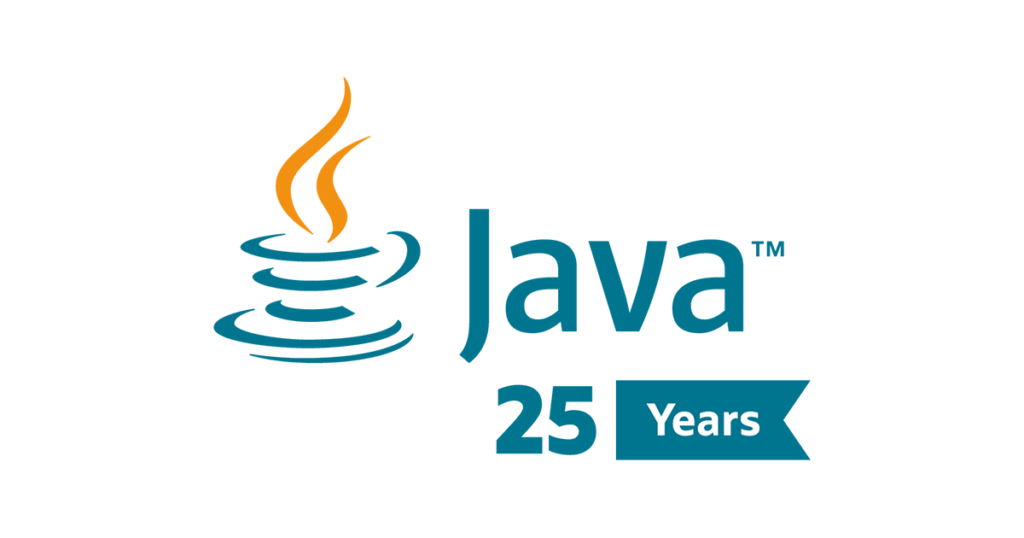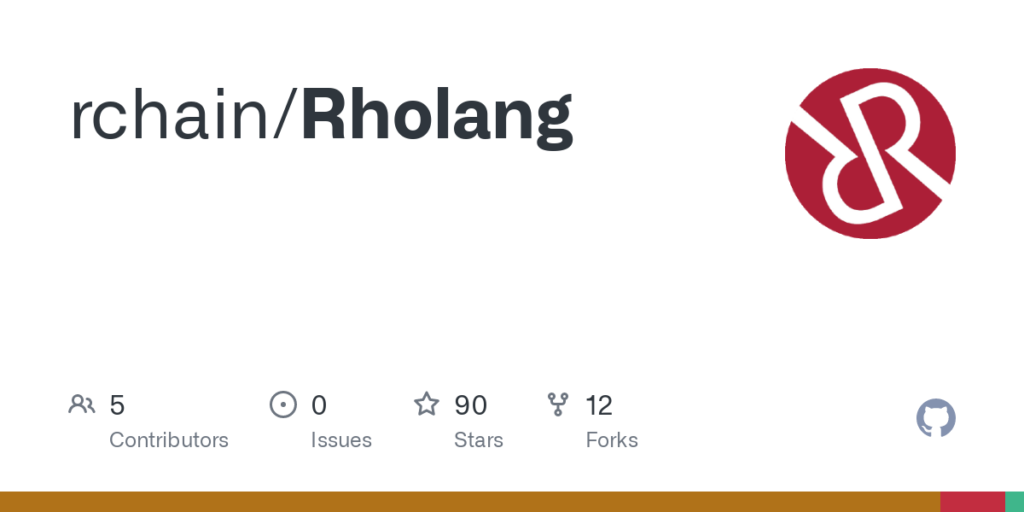Blockchain has grown into a multibillion-dollar industry, with more businesses seeking for innovative ways to incorporate it into their services. Blockchain is a great approach to unify the way we transfer and receive money since it is safe and secure. Many industries have improved as a result of the advancement of this technology. The top programming languages for blockchain projects and advances are included in this article.
1. C++

C++ is widely used in the technological industry, and this is true even in Blockchain. Because of its many capabilities, such as move semantics, basic memory management, powerful multi-threading, and other object-oriented characteristics like function overloading, runtime polymorphism, and so on, C++ is a preferred choice for blockchain.
2. Python

Python allows you to generate prototypes without having to write extensive code as a newbie developer. Python’s open-source support is one of the most compelling reasons to use it. When working on your blockchain development, you may choose from thousands of resources and plugins.
3. Java

Java is a general-purpose programming language that is concurrent, object-oriented, and class-based. It was developed with minimum implementation dependencies in mind. With over 9 million developers, Java has risen to become one of the top three programming languages since its introduction in 1995. The main blockchain network of NEM was created entirely in Java.
4. Solidity

Solidity is a blockchain programming language that was built for developing smart contracts that run on the Ethereum Virtual Machine. It is one of the fastest-growing blockchain programming languages (EVM). It is a novel and easy programming language that is popular among Ethereum developers since it is used to create Ethereum smart contracts. Solidity is a Turing-complete contract-oriented programming language with a community of over 200,000 developers.
5. Vyper

Vyper is a brand-new Blockchain programming language based on Python 3. Even though Vyper does not contain all of Python’s capabilities, the Vyper syntax is legitimate Python 3 syntax. Vyper was intended as a replacement for Solidity. It, like Solidity, is commonly used for the Ethereum Virtual Machine (EVM). Vyper, on the other hand, has a different control structure than Solidity and tackles security concerns differently as well.
6. Golang

This language, often known as Go, is a Google-developed statically typed, compiled computer language. It was created by combining the convenience of writing code with the efficiency of a compiled language. This language is also highly complex and difficult to master, particularly for JavaScript and Python programmers. C++ programmers will find this language to be more user-friendly. Many blockchain projects, including Hyperledger Fabric and Go-Ethereum, have utilised this application.
7. C#

C# was created with the intention of being used as a Microsoft language, although it has since found numerous other uses. Blockchain development is one of the finest uses for C#. C# is an object-oriented programming language that lets you create programmes that run on a variety of platforms. Stratis and NEO are two excellent instances of C#-based projects.
8. JavaScript

The most popular web language is JavaScript, which is also popular among Blockchain engineers because to NodeJS, a JavaScript runtime environment. Because JavaScript is already installed on most PCs, they can create very powerful and innovative Blockchain apps. As a result, while utilising JavaScript, developers don’t have to worry about integration and can instead focus on the Blockchain application logic.
9. Simplicity

Simplicity is a smart contract-specific high-level Blockchain programming language. For both professional programmers and open-source developers, it is one of the finest programming languages for writing smart contracts. Simplicity is also concerned with lowering the Bitcoin Script’s complexity and low-level comprehension.
10. Rholang

Rholang is an excellent programming language for creating smart contracts. This language has a functional rather than an object-oriented approach to programming, which is very useful for tackling many blockchain challenges. One of the reasons for its appeal is because of this. Rholang applications analyse the whole programme as a set of functions, which are then solved in order.
In this article, we have discussed the Top 10 Programming Languages used for Blockchain projects and development, and we have also discussed a bit about each programming language. You can choose any of the Programming languages from the above given list to start your blockchain project development.




